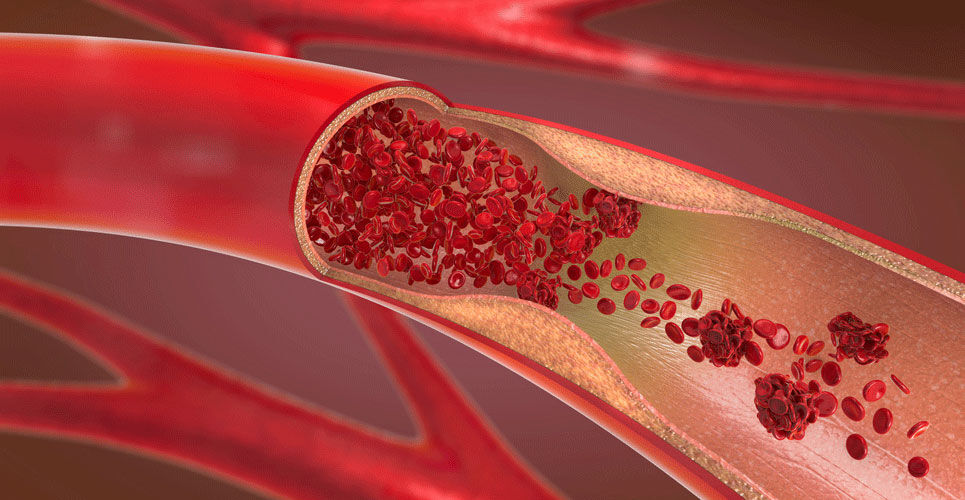Follow-up results for the Acute Catheterisation and Urgent Intervention Triage strategY (ACUITY) study have been published in the Journal of the American Medical Association.
The prospective, randomised, open-label trial with one-year clinical follow-up involved 13,819 patients with moderate and high-risk ACS undergoing invasive treatment.
Patients were randomised to receive one of the following three treatment strategies:
- Either heparin plus GPI (n=4603) as the control group (either unfractionated heparin or enoxaparin was allowed in the control group);
- Bivalirudin plus GPI (n=4604) or;
- Bivalirudin monotherapy (n=4612).
The primary outcome assessed was of composite ischaemia (death, myocardial infarction, or unplanned revascularisation for ischaemia) at one year.
The following results were reported:
Composite ischaemia at one year occurred in 15.4% of patients assigned to heparin plus GP IIb/IIIa inhibitors and 16.0% assigned to bivalirudin plus GP IIb/IIIa inhibitors (compared with heparin plus GP IIb/IIIa inhibitors, HR, 1.05; 95% CI, 0.95-1.16; P = 0.35), and 16.2% assigned to bivalirudin monotherapy (HR, 1.06; 95% CI, 0.95-1.17; P = 0.29).
Mortality at one year occurred in an estimated 3.9% of patients assigned to heparin plus GP IIb/IIIa inhibitors, 3.9% assigned to bivalirudin plus GP IIb/IIIa inhibitors (HR, 0.99; 95% CI, 0.80-1.22; P = 0.92), and 3.8% assigned to bivalirudin monotherapy (HR, 0.96; 95% CI, 0.77-1.18; P = 0.67).
The researchers concluded that at one year, no statistically significant difference in rates of composite ischaemia or mortality among patients with moderate and high-risk ACS undergoing invasive treatment with the three therapies was found.

